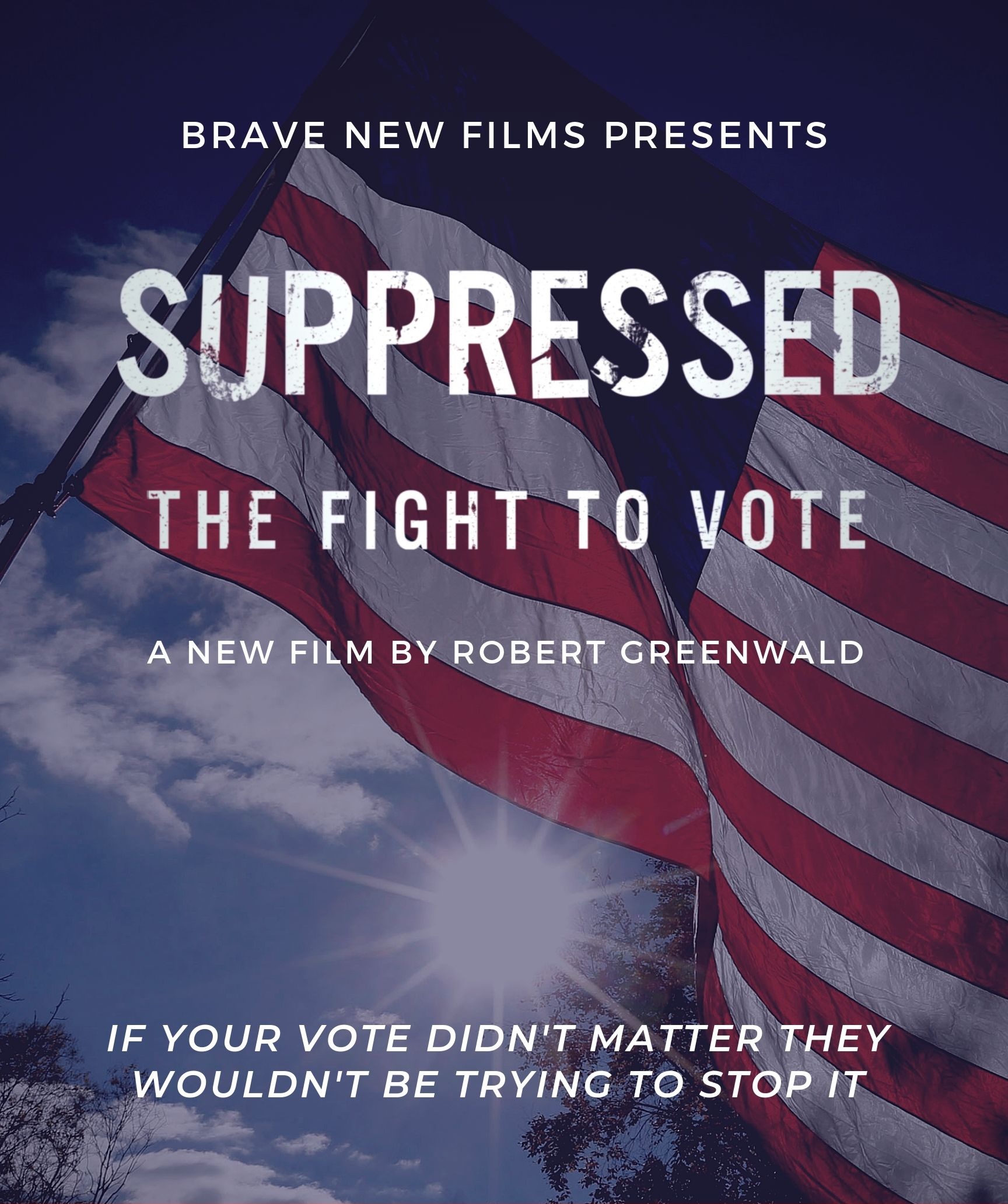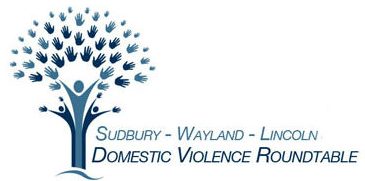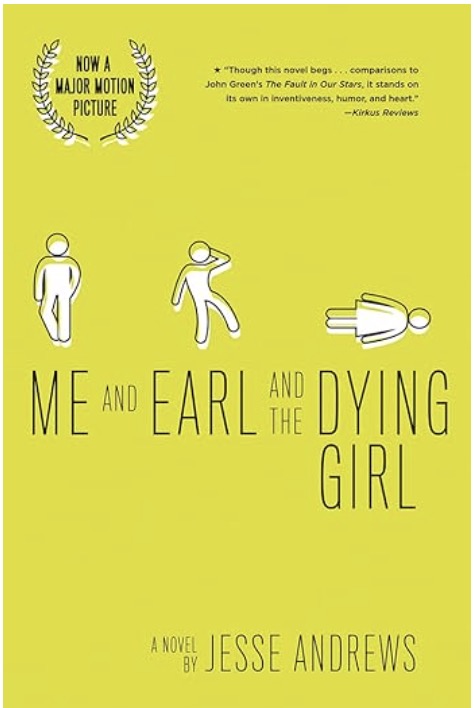
The Declaration of Independence, written in 1776, states that “all men are created equal.” That same year, Abigail Adams wrote to her husband, John, who was working to establish the new country’s laws. She asked him to “Remember the Ladies.” Abigail Adams wanted women to have more rights under the new American government. (National Women’s History Museum)
It took more than 100 years for Abigail to get her wish and it was a hard-fought battle. By the 1820s and 1830s, most states had extended the franchise to all white men, regardless of how much money or property they had. In 1848, a group of abolitionist activists—mostly women but some men—gathered in Seneca Falls, NY, where they advocated for women’s right to vote. During the 1850s, the women’s rights movement gathered steam but lost momentum when the Civil began. At the end of the war, the 14th amendment extended the Constitution’s protections to all citizens, defined as “male,” and the 15th amendment guaranteed black men the right to vote. The battle continued.
Some states in the west extended the vote to women as early as 1869 but southern and eastern states resisted. Some suffragists mobilized on the state and local level while others focused nationally on more radical, militant tactics. World War I slowed the campaign down but women’s work on behalf of the war effort proved they were just as patriotic and deserving of citizenship as men.
Finally, on August 18, 1920, the 19th amendment to the Constitution was fully ratified and on August 26th, it was certified. On November 2 of that year, more than 8 million women across the United States voted in elections for the first time.
Over the next 12 months, there will be a series of programs related to the passage of the 19th amendment giving 20 million women the right to vote. These programs, sponsored by the League of Women Voters, Wayland Council on Aging, Wayland Historical Commission, Wayland Historical Society, and Wayland Public Library, include talks, trips and teas!
The first two programs on the schedule are:
Friday, January 24th: Suppressed: The Fight to Vote, an excerpt from a new documentary based on voter suppression in Georgia’s 2018 midterm election, followed by a discussion led by Joel Silberman and Jean Milburn. An optional opportunity to fill out postcards encouraging eligible Georgia voters who have been purged to re-enroll and vote! This event will take place at the library at 10am.
Sunday, January 26th: A Legacy of Resistance, celebrating the legacy of Lydia Maria Child. As part of her regular Sunday church service, Rev. Dr. Stephanie May will reflect on how Child’s response to the injustices of her day might inform how we act to create a more just world in our time. The service will also include music composed by Wayland resident Ted Peace, with lyrics by and about Lydia Maria Child. This event will take place at First Parish Church at 10am; the public is invited.
All events are posted on our calendar online here.
More to come!










